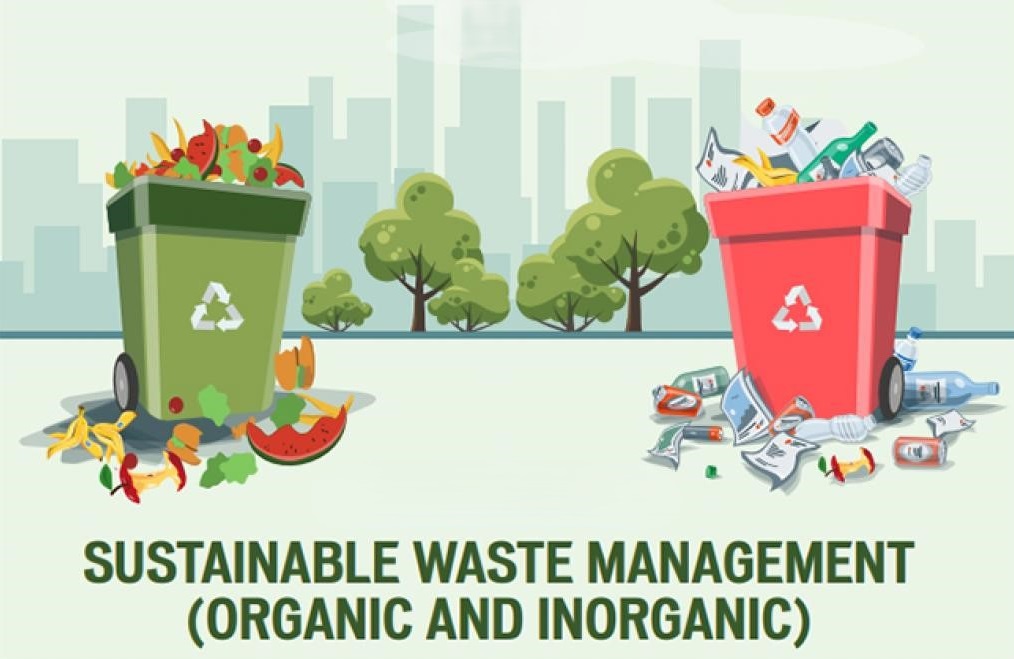As climate change and pollution become pressing issues, Indian households are increasingly exploring eco-friendly living. The idea of going “green” is no longer limited to expensive organic stores or luxury products—it’s about adopting simple, affordable, and impactful habits that reduce waste, save energy, and promote sustainability.
From segregating household waste and conserving water to choosing solar-powered appliances and eco-friendly cleaning solutions, Indian families can make meaningful contributions without overspending. This article provides a comprehensive guide to affordable green tips and products suited for Indian homes in 2025.
Why Eco-Friendly Living Matters in India
-
Environmental impact: India generates over 62 million tonnes of municipal solid waste annually, much of it unsorted and non-recyclable.
-
Health benefits: Eco-friendly products (like natural cleaners) reduce exposure to harmful chemicals.
-
Cost savings: Energy-efficient appliances, solar panels, and water-saving devices cut monthly bills.
-
Government support: Schemes like rooftop solar subsidies and waste segregation mandates are encouraging green practices.
Section 1: Energy Efficiency in Indian Homes
1. Switch to LED & Smart Lighting
-
Replace CFLs and incandescent bulbs with LEDs (consume 80% less energy).
-
Affordable smart plugs & timers (brands like Wipro, Syska) can automate lights.
2. Adopt Solar Power
-
Rooftop solar panels: Subsidized under India’s PM Surya Ghar Muft Bijli Yojana (2024–25).
-
Solar water heaters: Common in southern states, save thousands in electricity bills annually.
-
Solar lamps: Perfect for rural or semi-urban households with unstable power supply.
3. Energy-Efficient Appliances
-
Look for BEE Star Ratings when buying fans, refrigerators, ACs.
-
Inverter technology in ACs & refrigerators saves power.
-
Example: A 5-star inverter AC can save ₹10,000–₹12,000 in electricity annually.
Section 2: Water Conservation
1. Low-flow Fixtures
-
Install aerators in taps & low-flow showerheads.
-
Affordable (₹200–₹500 per piece) and save thousands of liters monthly.
2. Rainwater Harvesting
-
Mandatory in many Indian states for new buildings.
-
DIY rainwater harvesting pits can recharge groundwater and reduce water scarcity.
3. Reuse Greywater
-
Water from washing vegetables can be reused for plants.
-
Small greywater recycling units (₹15,000–₹25,000) are emerging in urban areas.
Section 3: Waste Management
1. Segregate at Source
-
Keep 3 bins: Wet waste (green), dry waste (blue), biomedical/rejects (red).
-
Helps in efficient recycling & composting.
2. Composting at Home
-
Affordable compost bins (brands like DailyDump, Beco).
-
DIY composting with buckets & soil is also effective.
3. Reuse & Upcycle
-
Old sarees → shopping bags.
-
Glass bottles → storage jars.
-
Plastic bottles → vertical gardens.
Section 4: Eco-Friendly Cleaning & Personal Care
1. Natural Cleaning Solutions
-
Switch to bio-enzymatic cleaners made from citrus peels (DIY or brands like Herbal Strategi, Beco).
-
Baking soda + vinegar → universal cleaning agent.
2. Sustainable Personal Care
-
Bamboo toothbrushes (₹50–₹100).
-
Neem wood combs, natural soaps (Medimix, Biotique).
-
Menstrual cups or cloth pads (reduce sanitary waste).
Section 5: Green Furniture & Home Décor
1. Sustainable Furniture
-
Use reclaimed wood, bamboo, cane furniture.
-
Brands like Pepperfry, Urban Ladder have eco-friendly collections.
2. Indoor Plants
-
Snake plant, Areca palm, Aloe vera → improve air quality.
-
Affordable (₹200–₹600) from local nurseries.
3. Eco-friendly Paints & Décor
-
Choose low-VOC paints to reduce indoor pollution.
-
DIY crafts from waste materials add personal touch.
Section 6: Everyday Sustainable Habits
-
Carry cloth/jute bags instead of plastic.
-
Switch to steel/copper water bottles.
-
Avoid single-use plastics (plates, cutlery, straws).
-
Use public transport, cycling, or EVs for short trips.
-
Buy local & seasonal produce—reduces carbon footprint.
Section 8: Government Initiatives & Support
-
PM Surya Ghar Muft Bijli Yojana: Free solar rooftop electricity scheme (up to 300 units/month).
-
Swachh Bharat Mission 2.0: Focus on waste segregation & composting.
-
State-level subsidies: Karnataka, Tamil Nadu, Maharashtra promote rainwater harvesting & solar heaters












